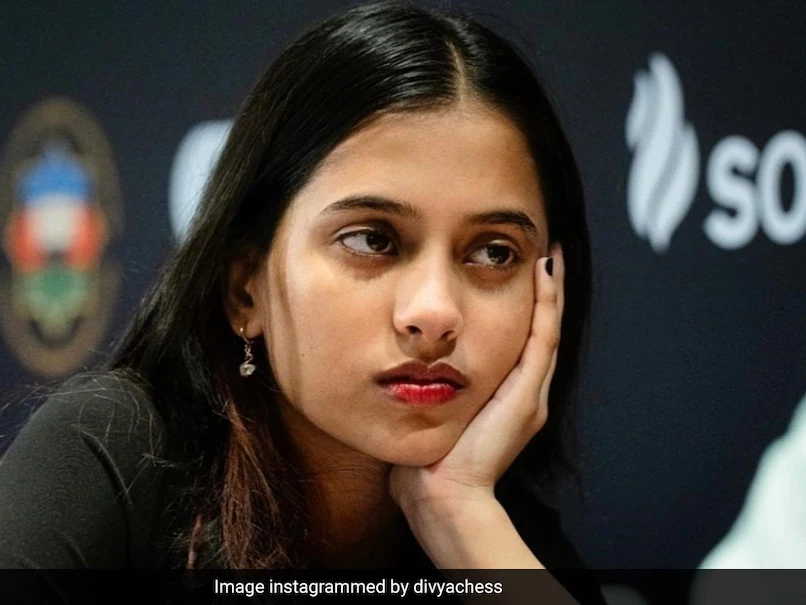Indian chess player Divya Deshmukh recently opened up about her experience at the Tata Steel Masters in the Netherlands, shedding light on the sexism controversy that unfolded during the tournament. The 18-year-old International Master from Nagpur, who clinched the Asian women’s chess championship last year, took to social media to express her concerns.
Also read: Divya Deshmukh Speaks Out Against Sexism and Misogyny in Chess
In a detailed Instagram post, Divya revealed that she had faced sexist behavior from spectators at the competition. She emphasized how people focused on irrelevant things like her appearance, clothes, and accent instead of appreciating her chess skills. Despite her notable performance, finishing 12th in the Challengers section with a score of 4.5, Divya felt overshadowed by the unnecessary attention on non-chess-related aspects.
In a recent Instagram story, Divya clarified her stance on the term “sexism,” stating that she does not wish to be associated with promoting the word in her case. Instead, she wants to be an ambassador for women’s chess, particularly for young girls and juniors aspiring to become top chess players. Her motive is to ensure a better environment for women chess players and raise awareness about the challenges they face.
Divya expressed her disappointment in how women players, including herself, are often taken for granted by spectators. She highlighted the stark contrast between the treatment of male and female players, noting that while male players receive recognition for their game, women are unfairly judged for aspects unrelated to their chess abilities.
Also read: Virat Kohli Wins Big at ICC Awards: Fourth ODI Cricketer of the Year
In interviews, Divya observed that discussions often veered away from her games, with attention being diverted to personal aspects. She felt that this unfair treatment was reflected in the disparity between interviews with male and female players. Divya stressed the importance of acknowledging and appreciating women’s skills in chess, rather than focusing on irrelevant and superficial aspects.
In conclusion, Divya Deshmukh’s experience sheds light on the challenges faced by women chess players in the realm of professional chess. Her call for a fair and equal environment emphasizes the need for recognizing and appreciating women’s achievements in the game, paving the way for a more inclusive and supportive chess community.
